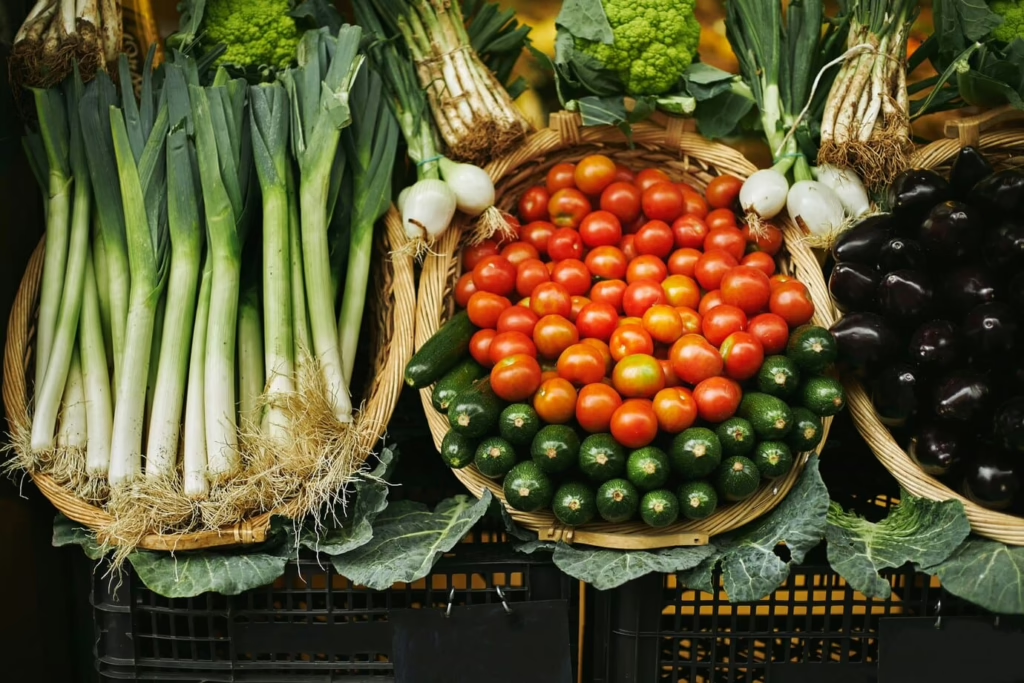Abstract
This paper analyses the impact of political competition on district government performance in Indonesia. This study uses a new database that covers 427 districts in Indonesia, from 2000 to 2013. Political competition is measured using the Her?ndahl Hirschman Concentration Index for the district parliament election. This variable is potentially endogenous, because political competition is likely to be non-random and correlated with unobservable variables. To
solve this problem, I use the lag of the average political competition within the same province and the political competition from the 1955 general election, as instrumental variables for political competition. The degree of political competition has been found to boost real Regional Gross Domestic Product (RGDP) per capita and RGDP growth by 3.24% and 1.11%, respectively . This study also ?nd that stiffer political competition is associated with higher public spending (e.g. infrastructure spending) and pro-business policies.




